Projects and partnerships
Partnerships for Innovation
At the Port of Québec, we believe it’s essential to form fruitful relationships with Québec startups and players in the innovation ecosystem to help us tap into the vast innovation network.
Over the years, we’ve developed a number of innovation partnerships that let us think bigger and see farther.
Centech
Centech’s Collision Lab supports large companies operating in several activity sectors, including the maritime sector, and has already proven its expertise in terms of open innovation. With this collaboration, the Port wishes to develop innovative technological solutions to meet the challenges of the maritime industry regarding logistics and sustainable transport.
This is an opportunity to propel Québec startups forward and promote their international influence while working to resolve important issues involving maritime transport competitiveness, sustainable supply chains, and reducing the environmental footprint.
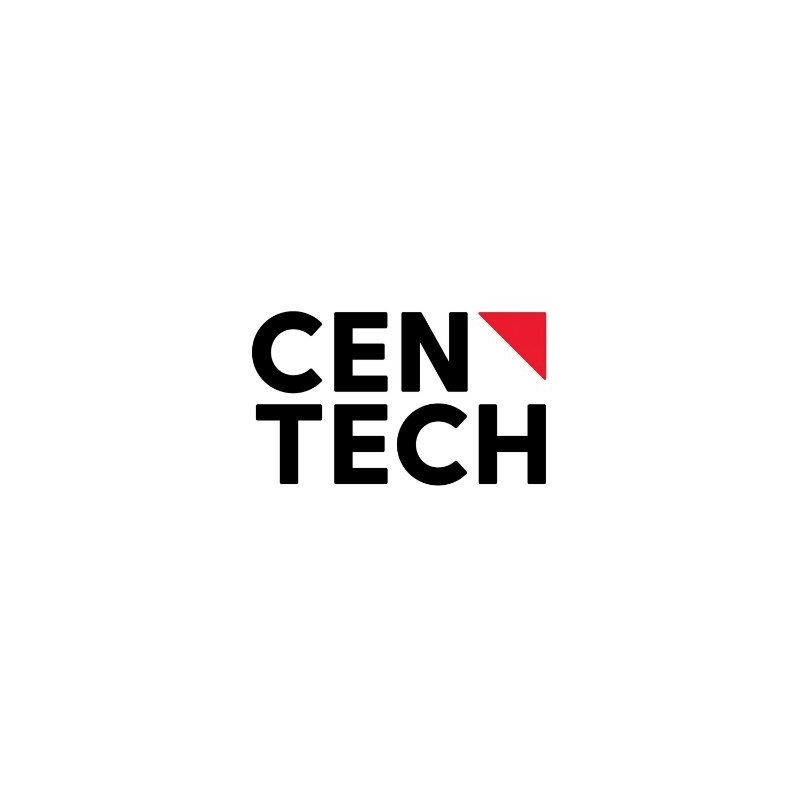
LE CAMP
As LE CAMP is involved with more than a hundred startups in the technological field, the Port will be able to count on their expertise to develop and implement innovative projects and facilitate networking with startups. These young companies will be able to breathe new life into upkeep, maintenance, waste management, and installation projects related to the maritime sector, and will have access to port infrastructure to test out and experiment with future solutions.

2 Degrés
2 degrés is a business incubator in the environment and clean technology sectors. With the help of 2 degrés and their expertise in propelling young Québec-based companies to develop clean technology initiatives, the Port wishes to find innovative solutions in several sectors, including the fight against climate change, clean energy development, decarbonization, and city-port cohabitation.
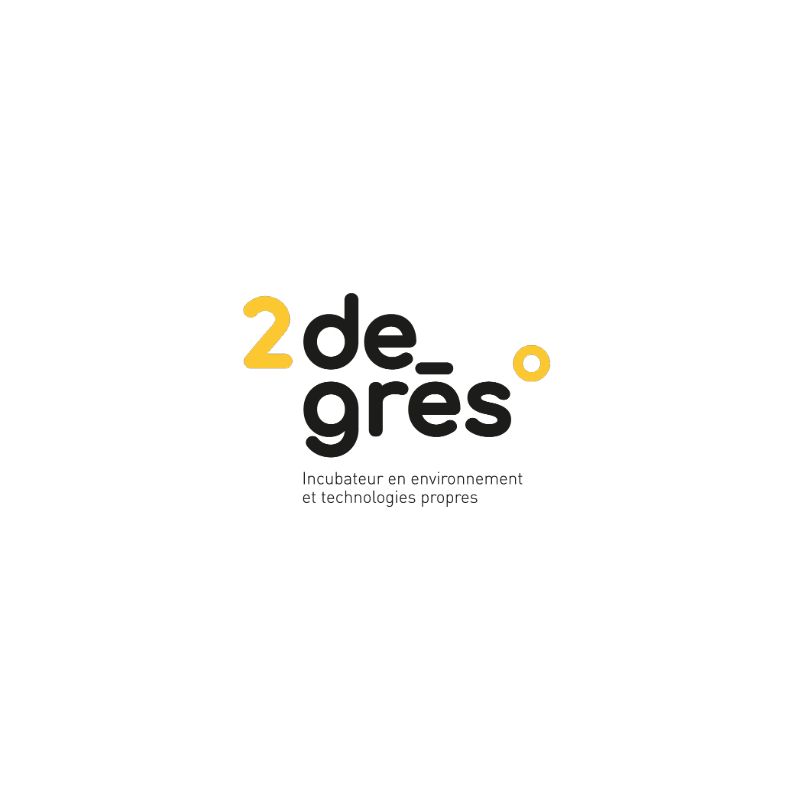
Novarium
Novarium is an innovation campus dedicated to the blue economy that fosters collaboration between entrepreneurs, research centres, investors, and Québec industry players. Its vertically integrated accelerator FLOTS supports startups and industry partners in developing and commercializing sustainable solutions that tackle the most pressing climate challenges, such as ocean preservation. This partnership will support innovation in the maritime sector and contribute to the influence of the Québec region as a centre of excellence for the blue economy.
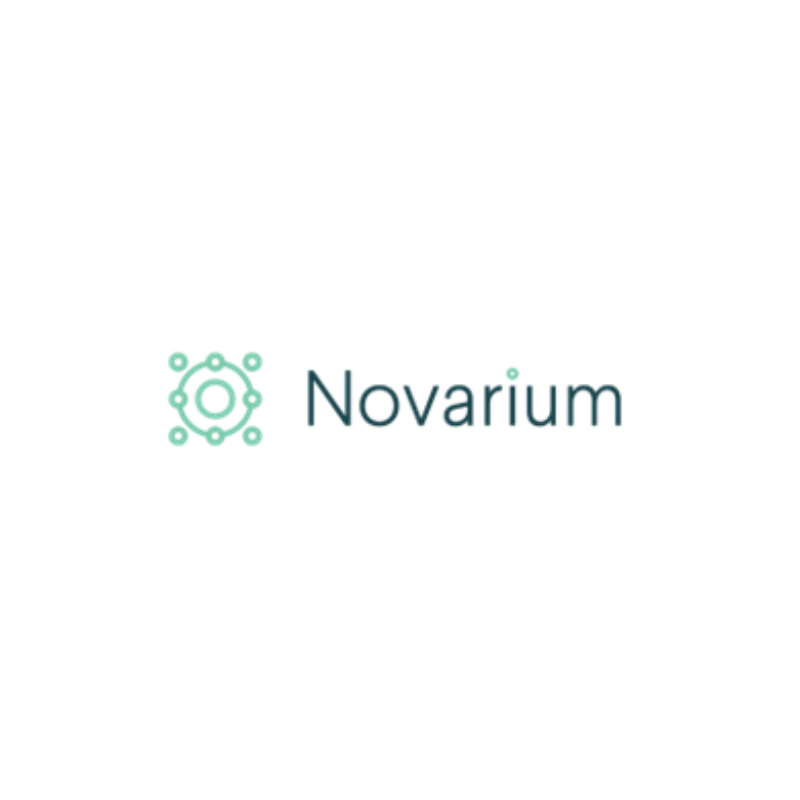
MT Lab
MT Lab is the first incubator-accelerator dedicated to tourism, culture, and entertainment in North America. MT Lab is an incubator and accelerator for startups, an open innovation and networking platform, a space for experimentation and monitoring, and a place for co-working and entrepreneurial support. It is a natural partnership that will spur Québec companies with innovative ideas in the tourism sector, both here and internationally.

Université Laval
A key partner in a number of research projects, particularly in logistics, Université Laval works closely with the Port to conduct research and generate innovative solutions. In addition to welcoming interns, this collaboration fosters the exchange of knowledge and expertise. The University also maintains close ties with Entrepreneuriat ULaval, supporting entrepreneurial initiatives and stimulating innovation within the university community.
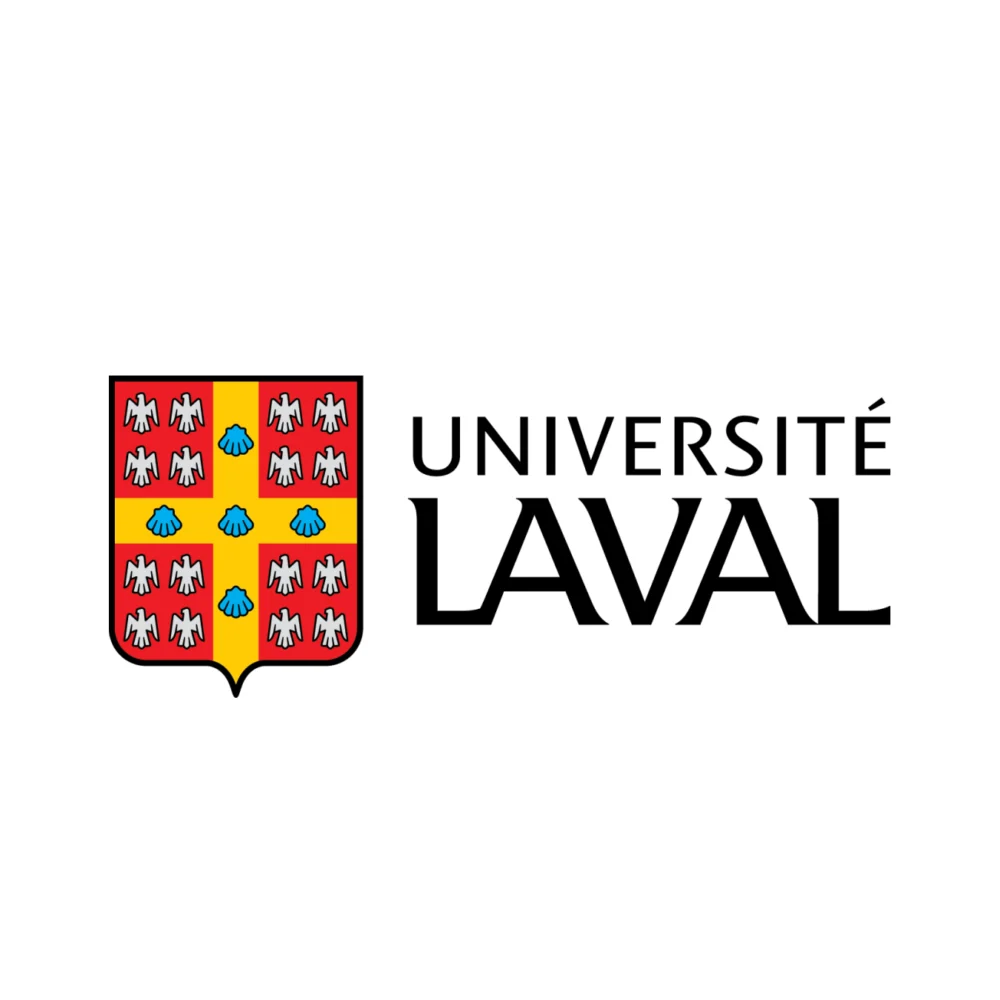
Innovation maritime
As a key partner in the maritime ecosystem, Innovation maritime plays a central role in the development and advancement of numerous innovative projects with the Port. Thanks to its unique expertise in maritime and environmental technologies, Innovation maritime coordinates several working groups focused on sustainable and innovative solutions. Their contribution enables the Port to push back the boundaries of innovation, whether in improving operational practices, reducing ecological footprints or integrating new technologies.
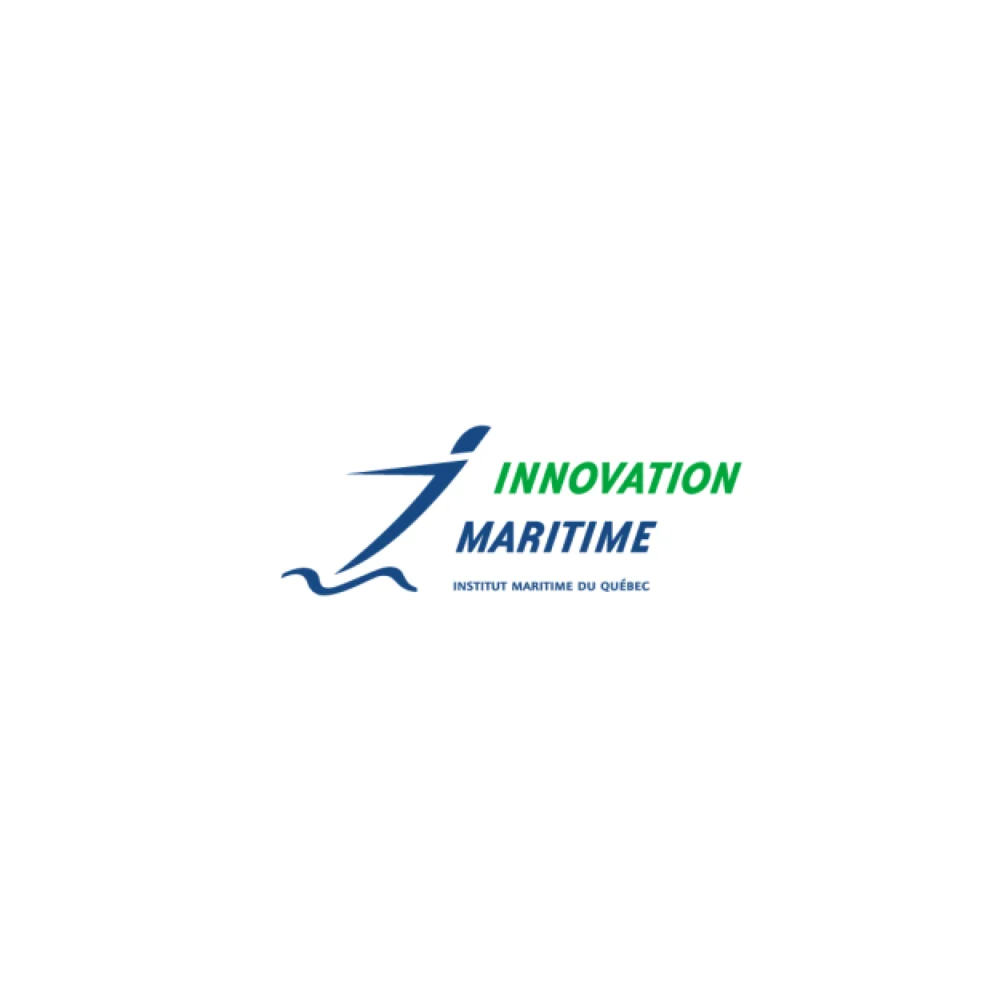
We’re always open to new partnerships for innovation!
If you have innovative ideas, projects, or initiatives, please get in touch with our team.